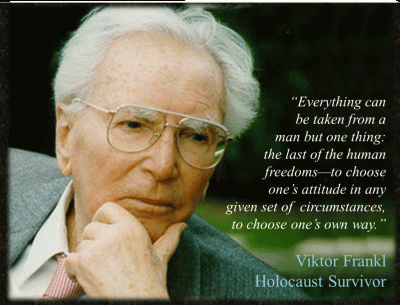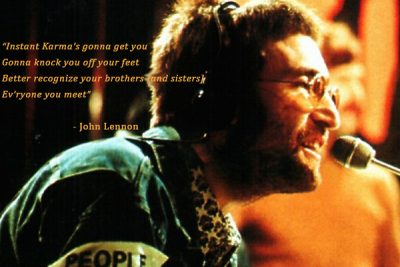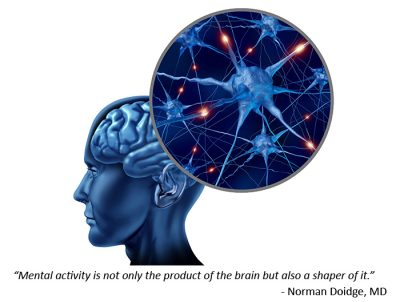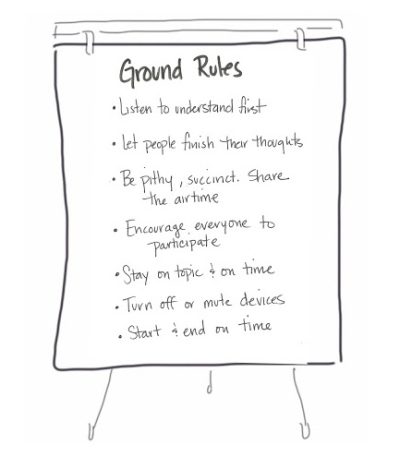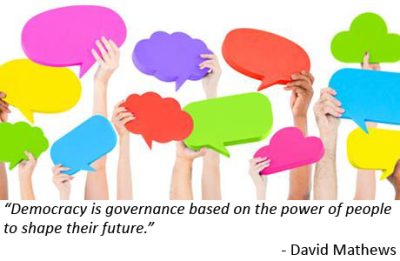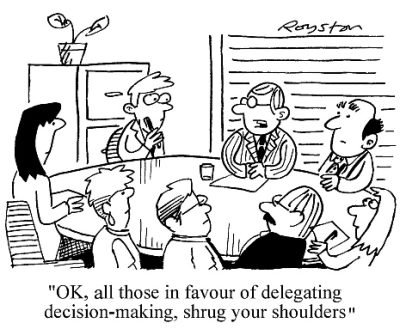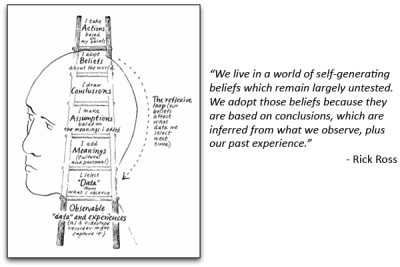Well-Being in Meetings #1: Resilience
Based on extensive research, neuroscientist Richie Davidson identified four constituents of well-being during a recent talk at the Greater Good Science Center at UC Berkeley: resilience, outlook, attention, and generosity. Davidson, in addition to being one of my favorite neuroscientists, is the founder of the Center for Healthy Minds at University of Wisconsin-Madison where he and his colleagues are identifying the biological and behavioral underpinnings of well-being. In this and the next three posts, I … Read more…


